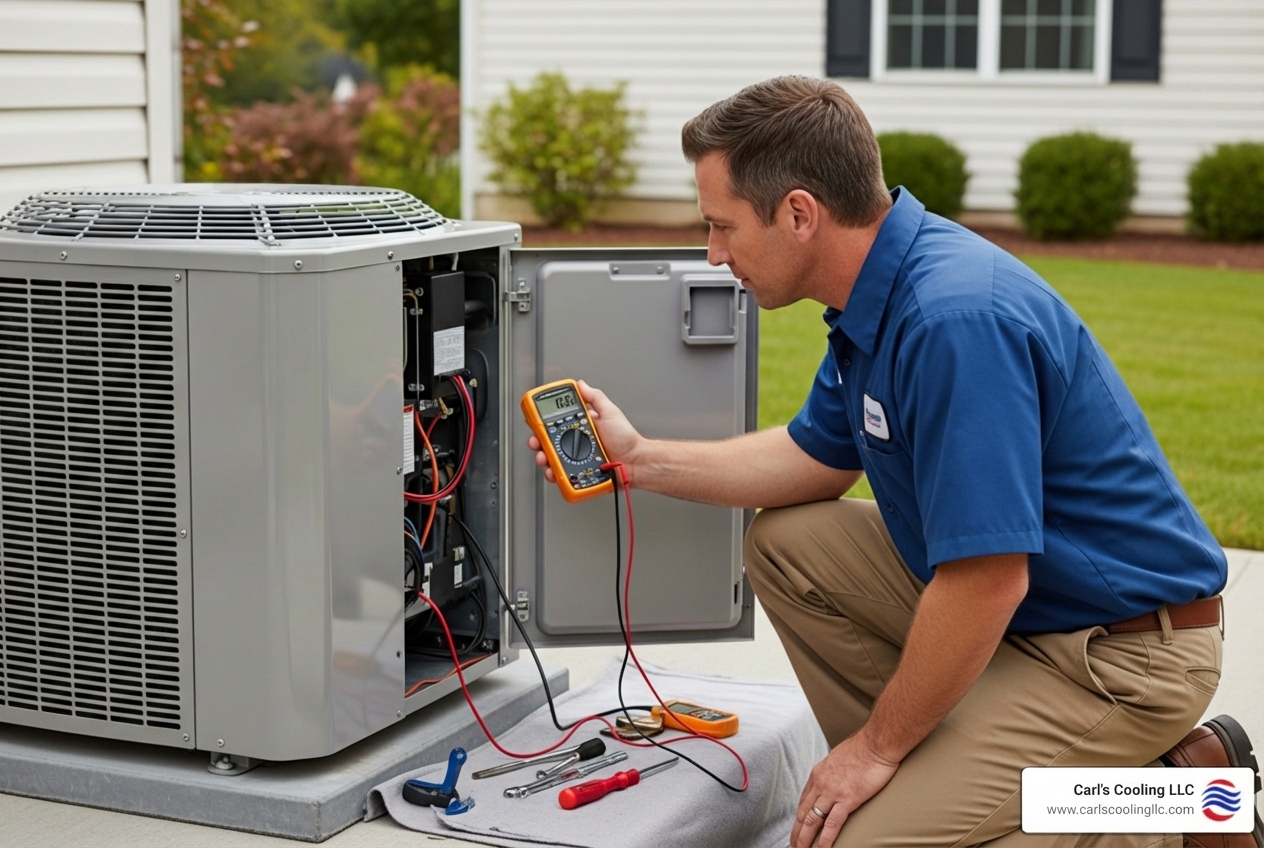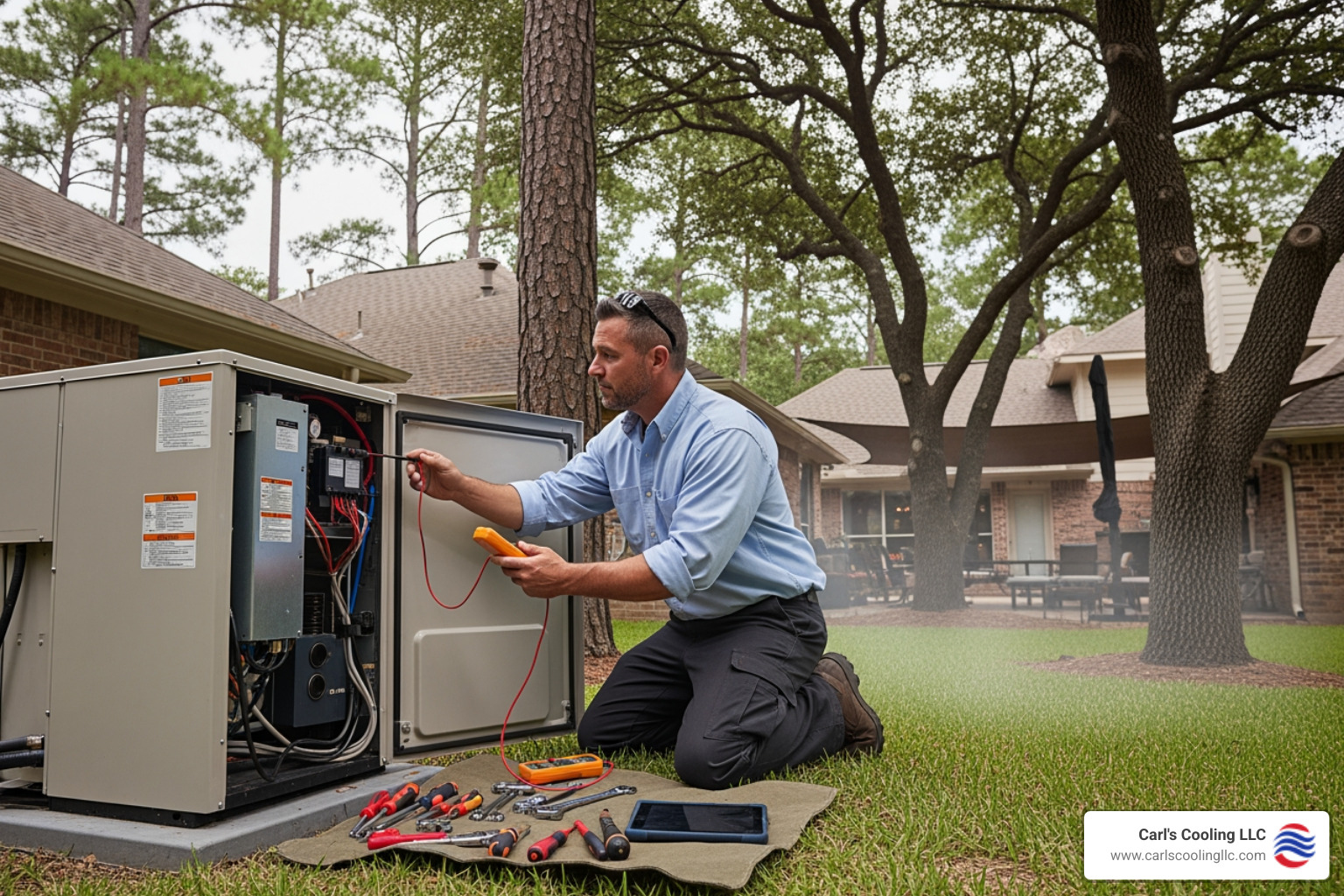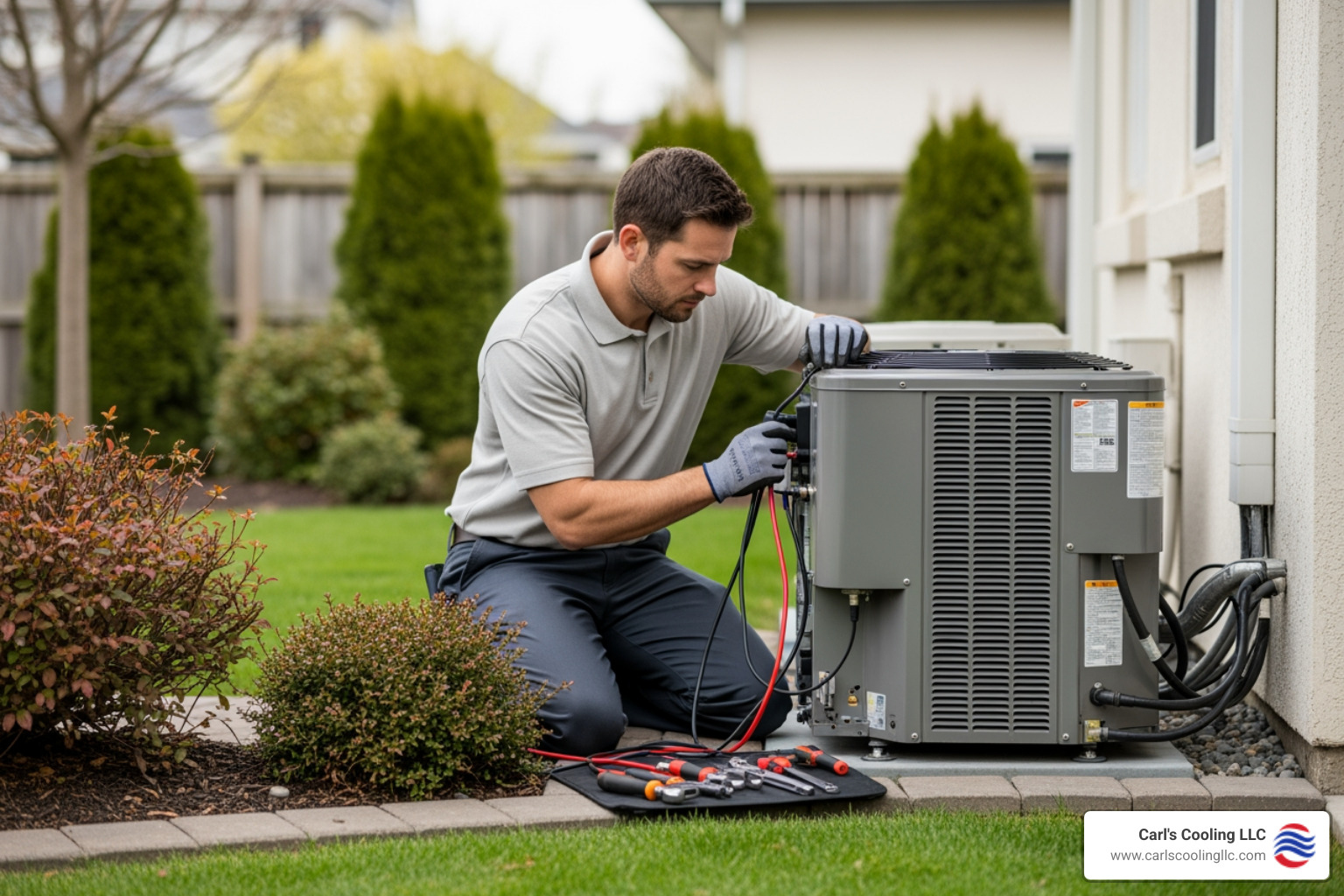Maintaining optimal refrigeration is essential for any commercial setting, whether it’s a restaurant, supermarket, or warehouse. Properly functioning refrigeration systems ensure that products remain fresh and safe for consumption. However, maintaining these systems can be challenging due to various factors, which can lead to costly repairs and potential business disruptions.
Understanding the challenges in maintaining commercial refrigeration and knowing how to address them is vital for any business relying on these systems. With the right knowledge and professional assistance, businesses can keep their refrigeration systems running smoothly and efficiently.
Common Issues in Commercial Refrigeration Maintenance
Commercial refrigeration systems are complex and require consistent attention to function properly. Here are some common issues that businesses face:
1. Temperature Fluctuations: One of the most frequent problems is inconsistent temperatures. This can occur due to faulty thermostats, poor insulation, or blocked airflow. Temperature fluctuations can lead to spoiled products and higher energy costs.
2. Ice Buildup: Ice formation on evaporator coils or within the unit is a common issue. This can restrict airflow and reduce the system's efficiency. Ice buildup often results from improper defrost cycles or malfunctioning defrost heaters.
3. Refrigerant Leaks: Leaks in the refrigerant lines can cause the system to lose its cooling capacity. This not only affects the efficiency of the unit but also can lead to higher energy bills and potential environmental harm.
4. Dirty Condenser Coils: Over time, dirt and debris can accumulate on the condenser coils. Dirty coils reduce the system's ability to release heat, making the unit work harder and less efficiently.
5. Electrical Problems: Faulty wiring, worn-out components, or electrical surges can cause various issues, from minor malfunctions to complete system failures. Regular inspections can help identify and rectify these issues before they escalate.
Addressing these common issues promptly is essential to maintaining optimal performance and efficiency in commercial refrigeration systems.
Importance of Regular Maintenance for Commercial Refrigeration
Regular maintenance is crucial for keeping commercial refrigeration systems in top working condition. Here are some reasons why routine upkeep is essential:
1. Prevents Equipment Failure: Consistent maintenance helps identify potential issues before they become major problems. By catching and fixing small issues early, businesses can prevent unexpected equipment failures and costly repairs.
2. Enhances Energy Efficiency: Well-maintained refrigeration systems operate more efficiently. Clean coils, proper refrigerant levels, and fully functional components ensure that the system uses energy effectively, reducing operational costs.
3. Ensures Product Quality: Maintaining stable temperatures is vital for preserving the quality and safety of refrigerated products. Regular maintenance ensures that the system provides consistent cooling performance, protecting perishables from spoilage.
4. Extends Equipment Lifespan: Regular checks and servicing can extend the lifespan of commercial refrigeration units. By keeping all parts in good condition, businesses can avoid premature replacements and maximize the return on their investment.
5. Compliance with Regulations: Many industries have strict regulations regarding food safety and storage. Regular maintenance helps ensure that refrigeration units meet these standards, avoiding potential fines and ensuring regulatory compliance.
Best Practices for Maintaining Commercial Refrigeration Systems
Maintaining commercial refrigeration systems effectively involves adhering to best practices. Here are some key guidelines to follow:
1. Regular Inspections: Schedule regular inspections to identify potential issues early. Check all components, including compressors, fans, and coils. Inspections help in spotting wear and tear that could lead to bigger problems.
2. Clean Coils and Components: Dirty coils can reduce the efficiency of your refrigeration system. Clean the condenser and evaporator coils regularly to ensure proper airflow and heat exchange. This cleaning should also extend to other components, such as fans and vents.
3. Monitor Temperature Levels: Keep a close watch on the temperatures within your refrigeration units. Install a reliable temperature monitoring system to detect any fluctuations promptly. Consistent temperature monitoring ensures that your products remain safe.
4. Check Refrigerant Levels: Low refrigerant levels can compromise the cooling efficiency of your system. Regularly check for leaks and ensure that the refrigerant levels are adequate. Address any leaks immediately to maintain optimal performance.
5. Optimize Airflow: Ensure that there is no obstruction around the airflow vents and fans. Proper airflow is essential for efficient cooling. Clear any blockages and maintain sufficient space around the refrigeration units for good ventilation.
6. Regular Defrosting: Ice buildup can affect the efficiency of your refrigeration system. Follow a regular defrosting schedule to prevent ice accumulation on coils and other components.
Implementing these best practices helps maintain the efficiency and longevity of commercial refrigeration systems.
How Professional Refrigeration Services Can Help
Professional refrigeration services are essential for maintaining commercial refrigeration systems. Our professionals offer expertise that goes beyond basic maintenance. Here are some key benefits of professional refrigeration services:
1. Expert Diagnoses: Our professionals have the knowledge and tools to diagnose complex issues accurately. They can identify problems that may not be visible during routine inspections. Expert diagnoses can prevent minor issues from escalating into costly repairs.
2. Comprehensive Maintenance Plans: Professionals offer comprehensive maintenance plans tailored to your specific needs. These plans include regular inspections, cleaning, and checks on all critical components. Adopting a maintenance plan ensures your system runs efficiently year-round.
3. Efficient Repairs: When issues arise, professional technicians can resolve them quickly and effectively. They have access to specialized tools and replacement parts, ensuring that repairs are done right the first time. Hiring professionals minimizes downtime and keeps your system running smoothly.
4. Regulatory Compliance: Professionals stay updated on industry regulations and standards. They ensure that your refrigeration systems comply with all safety and health regulations. This compliance is vital to avoid fines and ensure the safety of stored products.
5. Energy Efficiency Optimization: Professionals can optimize your system for energy efficiency. They can recommend upgrades and adjustments that reduce energy consumption, leading to cost savings over time.
Involving professional refrigeration services ensures that your commercial refrigeration systems are well-maintained, efficient, and compliant with industry standards.
Conclusion
Maintaining optimal refrigeration in commercial settings presents several challenges. Understanding common issues and the importance of regular maintenance is crucial for any business relying on these systems. By following best practices for maintenance and involving professional refrigeration services, businesses can ensure the efficient and reliable operation of their refrigeration units.
Regular maintenance prevents equipment failure, enhances energy efficiency, and ensures the quality and safety of refrigerated products. Professional services provide expert diagnoses, efficient repairs, and compliance with regulations, making them an invaluable resource for businesses.
For reliable and professional refrigeration services in Conroe, trust Carl's Quality Cooling and Heating LLC. Our professionals are dedicated to keeping your refrigeration systems in top condition. Contact us today to schedule a consultation and ensure your commercial refrigeration systems operate at their best.






